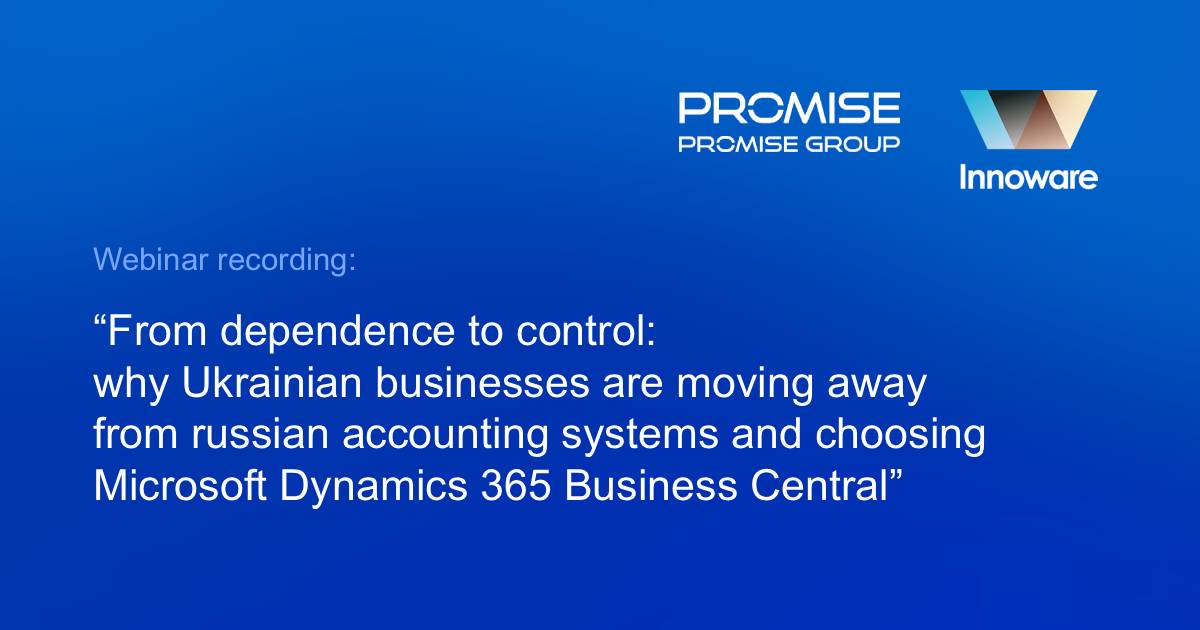
The modern financial director as a subject of digital reality
«Innovation distinguishes between a leader and a follower»
Steve Jobs
Over the last decade, the role of CFO has changed greatly, today he is increasingly a full partner of the company’s top management and works on the formation and implementation of the company’s strategy. It is the CFO who is responsible for any company’s reliable financial assessment of a key performance indicator – profit.
He is the first who top management addresses questions to:
- We work and work, and there is no profit / cash, what is wrong?
- Why are costs rising? What does the cost consist of? Can we reduce it?
- What profit will be in a month / quarter / half a year, etc.?
- What is our company’s capitalization?
I will not go into details, what are the ways to assess company’s financial condition, as this is not what I wanted to share with you. There is a huge amount of information on this topic, both in various books and online, also, I cannot clearly compete in this matter with professional CFOs and Big Four financial advisers, and other consultants specializing in this topic.
I would like to raise another issue that is important for any company but becomes especially acute with the active growth of the business, when you need to make quick decisions and track their results.
Any financial figures, indicators, reports turn to dust if the financial director cannot trust:
- the primary data on which they are based,
- the source / tool of their formation.
Can a manager effectively manage an enterprise if the figures he relies on can completely change tomorrow, because some of the data from the current enterprise management system has simply disappeared without a trace, and as a result the profit that was planned to be spent on development has become a big loss? Will the CFO be 100% confident in company’s financial situation if the calculations / reports are collected manually from disparate sources and at any stage of data processing can “work” the “human factor” and 100 will turn into 1000 or 10.
Understanding the level of such risks, in recent years, CFOs are increasingly playing the role of innovative leaders interested in using the latest tools to build a single integrated information environment, which helps you to quickly see company’s or holding’s whole picture of operations, and based on Reliable operational and financial data to make informed, strategically important business decisions.
Implementing a reliable ERP system reduces the risks associated with the human factor and solves a number of transactional tasks, as a result of which the CFO can pay more attention to work on the company’s strategic goals, analyze current challenges and predict possible future threats and benefits.
Today, the leading position in the development of hybrid enterprise resource management and information infrastructure technologies in general is occupied by Microsoft, which offers modern business solutions such as Microsoft Dynamics 365 for Finance & Operations (ERP system, formerly called AX, AXAPTA), Microsoft Dynamics 365 Business Central (ERP system, formerly called Navision, NAV), Microsoft Dynamics 365 Sales (CRM system), Office 365, Power BI, Power Apps and others.
As an example, using Microsoft Dynamics 365 for Finance and Operations (AX, AXAPTA) allows:
To unify business processes, to introduce single rules of financial accounting and control.
Microsoft Dynamics 365 for Finance & Operations makes it possible to unite an unlimited number of legal entities (companies) in a single information environment and set up general corporate accounting rules in each of them. Due to the presence in this ERP solution of such standard functionality as two-level directories of counterparties, goods / products; multicurrency, workflow constructor for various operations and documents; intercompany transactions and centralized payments; data consolidation; financial reports designer, etc., the financial director receives an effective and modern toolkit for operational control and management of financial flows of an enterprise / holding. At the same time, company’s financial and economic activities consolidated results can be seen in real time, without the involvement of individual human resources.
To ensure high reliability of information and trust in financial data
Microsoft Dynamics 365 for Finance & Operations complies with all the latest security certificates and provides an exceptional level of data storage and transfer reliability, both at the internal architecture level and by restricting user access rights using pre-configured security roles. The ERP system guarantees that no data is lost or deliberately distorted by users.
The presence of an audit trail at the level of each record, as well as a complete prohibition of recorded documents “traceless” deletion, provides an exceptional level of operational and financial information reliability. Thanks to such standard capabilities, the CFO can trust received financial indicators, since any figure can be detailed to the primary document / transaction, indicating who and when registered it in the system.
To promptly adapt business processes to new rules and procedures
Microsoft Dynamics 365 for Finance & Operations is a flexible, adaptive solution that easily integrates with the entire Dynamics 365 and Office 365 products family, so that it can be quickly reconfigured to meet business needs: transform existing business rules and introduce new features to meet new business requirements and responding to changes in legislation.
For example, an increase in the growth of accounts receivable can be easily solved by setting up flexible credit control rules in the system; setting up reminder emails that will be promptly sent to debtors according to the specified rules; introduction of the rules for calculating penalties depending on the size and period of delay.
Misuse at the pricing level can be solved by implementing different scenarios for automatic price calculation, which will depend on the product characteristics, transaction volume, region, customer type, etc. These rules implementation does not require development; they can be activated both at the stage of launching Dynamics 365 for Finance and Operations, and at any stage of the system’s operation.
To scale and expand your business easily
Using Microsoft Dynamics 365 for Finance and Operations can significantly reduce the efforts to create an information shell for each new holding’s operating unit. There is no need to deploy and configure a new accounting system, you just need to create a new legal entity (company) in the existing Dynamics 365 for Finance and Operations environment and copy the settings from another existing legal entity to it.
Placing an application in the cloud allows you to reduce the costs required to maintain a cumbersome on-premises IT infrastructure, and makes it possible to continue to actively develop company’s business without any additional investment in IT infrastructure. As a result, financial accounting for, for example, a new holding company can be launched in a few days, while the data on the new company will be immediately displayed in consolidated reports.
INNOWARE USA
501 Silverside Rd, Ste 105, # 4995,
Wilmington, Delaware, 19809-1376,
United States
Tel.: +1(302)4672024
E-mail: info@innoware.com
INNOWARE UAE
Premises 407-FZBA 055, 4th Floor, Sheikh Rashid Tower, Dubai World Trade Centre,
Dubai, United Arab Emirates
Tel.: +971588894591
E-mail: info@innoware.ae
INNOWARE UKRAINE
3, Sholudenka St., office 204 (Cubic BC)
Kyiv, Ukraine, 04116
Tel.: +380(44)4902220
E-mail: info@innoware.com



